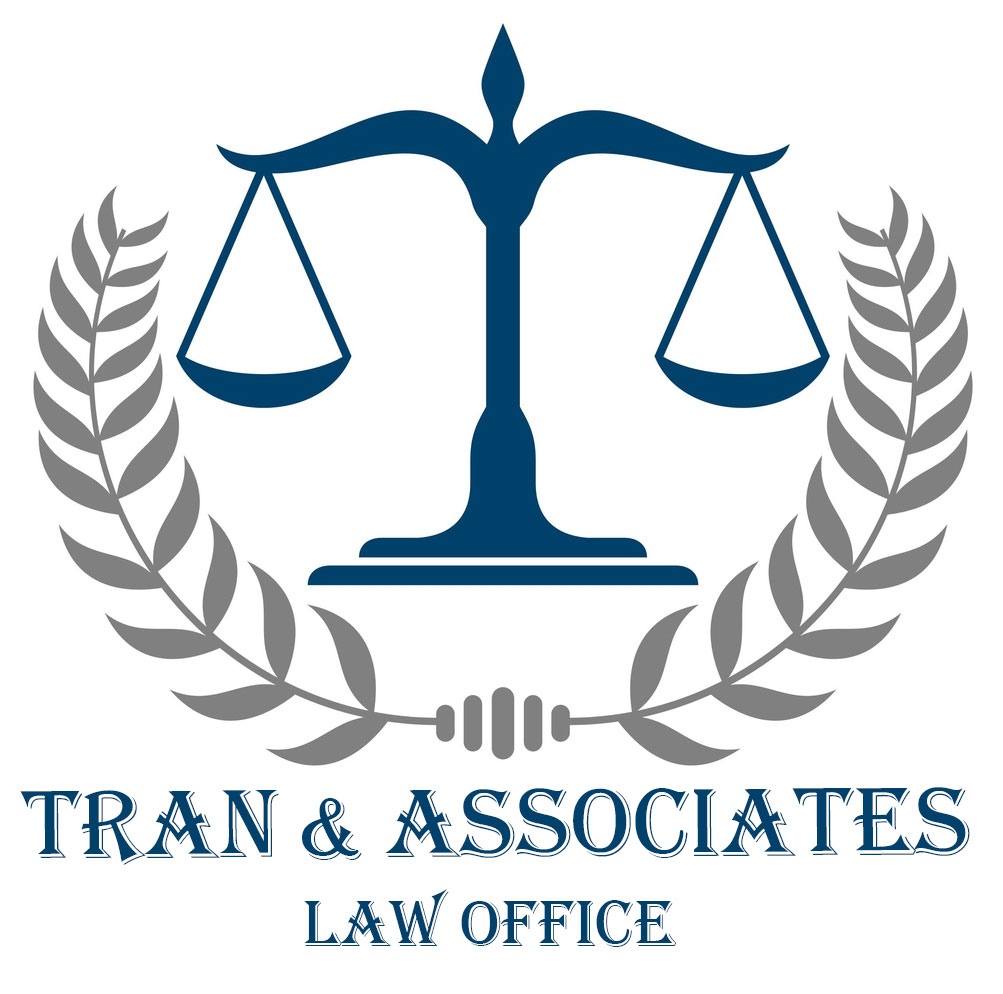The Basics of an LLC
If you are a small business owner or a new start-up, one of the first things you should consider is opening an LLC, or Limited Liability Company. This business structure of an LLC provides you, as a business owner, tax flexibility and liability protection. You have the freedom to determine your initial tax structure, whether you want to be treated as a pass-through entity or a corporation, with the added limited liability protection that is afforded to corporations.
Taxes for an LLC
The IRS does not recognize LLCs for tax purposes. Instead, they automatically treat an LLC like a “pass-through” entity. Basically, the IRS will treat your LLC as a partnership or sole-proprietorship. This means that profits and losses made through the business pass straight to the owners. With the recent passage of tax reform, there is a significant change for business owners under an LLC. Under new tax laws, there is a 20% deduction available to most owners.
Liability Protection
LLCs provide protection to you, as a business owner, from lawsuits that pertain to the business. With an LLC in place, you can help to protect your personal assets from a lawsuit against the company. There are some things that you, as a business owner, must do to make sure this protection stays in place. As an owner under an LLC, you should be aware of the following:
- The LLC should have adequate funding. You should make sure there is enough cash invested in the LLC to meet any liabilities or expenses.
- Don’t mix personal funds with business funds. You should have a separate account for the LLC. All of your financials for the LLC should be separate from your personal account and, likewise, don’t pay for personal expenses from your LLC’s account.
- Keep it Legal. Any sort of misrepresentation to vendors, clients, creditors, or other owners could potentially lead to claims of fraud. Fraud is not protected by the shield of the LLC.
- Operating Agreement. While an operating agreement isn’t necessarily required to create an LLC in Nebraska, it is generally good business practice to have one. Having an Operating Agreement in place helps you plan for the future and makes you look more like an LLC and less like a sole-proprietor or partnership.
We are here to help
LLCs require preparation, planning, and understanding. Tran & Associates Law can help you with each of those. Our team excels in business law and they are here to help. Contact us today for a free, half-hour consultation about getting your LLC started.


Get Social with Tran & Associates Law